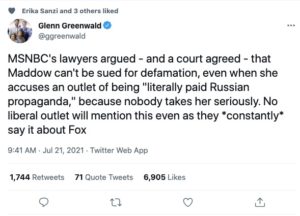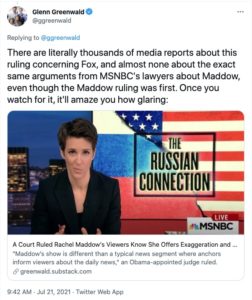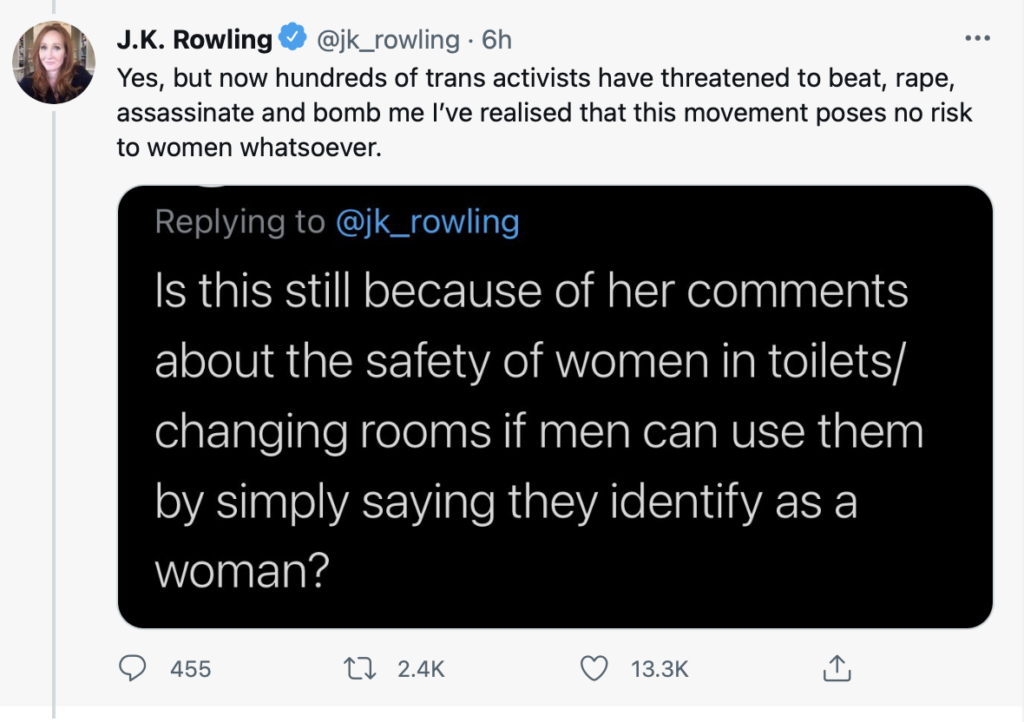Matt Taibbi: NPR Cannot See What is in the Mirror
I know dozens of people who, for decades, have made it their daily habit to listen to NPR as their main source of information. Lately, I've heard from a couple of these people that NPR has changed. According to Matt Taibbi, the problem is bigger than the fact that NPR can't see the plank in its own eye. Taibbi's recent article is titled "NPR's Brilliant Self-OwnNational Public Radio complains about a media figure who tells people "what their opinions should be" and uses political "buzzwords." Here is an excerpt.
Yesterday’s NPR article, “Outrage As A Business Model: How Ben Shapiro Is Using Facebook To Build An Empire,” is among the more unintentionally funny efforts at media criticism in recent times.
The piece is about Ben Shapiro, but one doesn’t have to have ever followed Shapiro, or even once read the Daily Wire, to get the joke. The essence of NPR’s complaint is that a conservative media figure not only “has more followers than The Washington Post” but outperforms mainstream outlets in the digital arena, a fact that, “experts worry,” may be “furthering polarization” in America. NPR refers to polarizing media as if they’re making an anthropological discovery of a new and alien phenomenon.
The piece goes on to note that “other conservative outlets such as The Blaze, Breitbart News and The Western Journal” that “publish aggregated and opinion content” have also “generally been more successful… than legacy news outlets over the past year, according to NPR's analysis.” In other words, they’re doing better than us.
Is the complaint that Shapiro peddles misinformation? No: “The articles The Daily Wire publishes don't normally include falsehoods.” Are they worried about the stoking of Trumpism, or belief that the 2020 election was stolen? No, because Shapiro “publicly denounced the alt-right and other people in Trump's orbit,” as well as “the conspiracy theory that Trump is the rightful winner of the 2020 election.” Are they mad that the site is opinion disguised as news? No, because, “publicly the site does not purport to be a traditional news source.”
The main complaint, instead, is that:
By only covering specific stories that bolster the conservative agenda (such as… polarizing ones about race and sexuality issues)… readers still come away from The Daily Wire's content with the impression that Republican politicians can do little wrong and cancel culture is among the nation's greatest threats.
NPR has not run a piece critical of Democrats since Christ was a boy. Moreover, much like the New York Times editorial page (but somehow worse), the public news leader’s monomaniacal focus on “race and sexuality issues” has become an industry in-joke. For at least a year especially, listening to NPR has been like being pinned in wrestling beyond the three-count. Everything is about race or gender, and you can’t make it stop. . . .
Taibbi then lists a few of NPR's recent reports:
“Billie Eilish Says She Is Sorry After TikTok Video Shows Her Mouthing A Racist Slur.” Pop star caught on tape using the word “chink” when she was “13 or 14 years old” triggers international outrage and expenditure of U.S. national media funding.
“Black TikTok Creators Are On Strike To Protest A Lack Of Credit For Their Work.” White TikTok users dance to Nicky Minaj lyrics like, “I'm a f****** Black Barbie. Pretty face, perfect body,” kicking off “a debate about cultural appropriation on the app.”
“Geocaching While Black: Outdoor Pastime Reveals Racism And Bias.” Area man who plays GPS-based treasure hunt game requiring forays into remote places and private property describes “horrifying” experience of people asking what he’s doing.
“Broadway Is Reopening This Fall, And Every New Play Is By A Black Writer.” All seven new plays being written by black writers is “a step toward progress,” but critics “will be watching Broadway's next moves” to make sure “momentum” continues.
“She Struggled To Reclaim Her Indigenous Name. She Hopes Others Have It Easier.” It took Cold Lake First Nations member Danita Bilozaze nine whole months to change her name to reflect her Indigenous identity.
“Tom Hanks Is A Non-Racist. It's Time For Him To Be Anti-Racist.” Tom Hanks pushing for more widespread teaching of the Tulsa massacre doesn’t change the fact that he’s built a career playing “white men ‘doing the right thing,’” NPR complains.



 start with this
start with this 